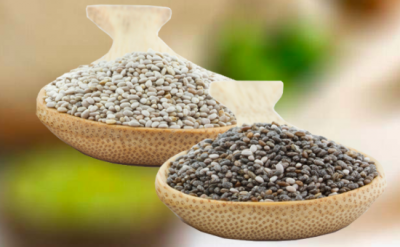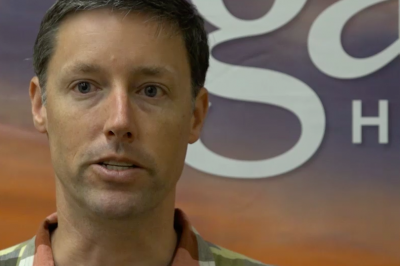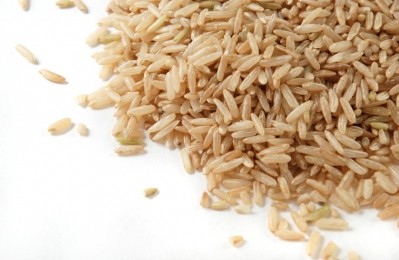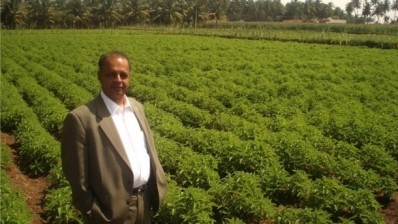Challenge growing to ensure supply in a changing world, congress attendees told
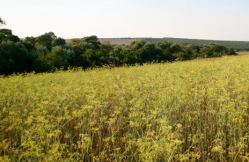
A session at the American Herbal Products Association’s annual Botanical Congress held Friday in Las Vegas addressed the question of how to secure ingredient supply and ensure quality and transparency in a world whose climate is changing, whose information systems are rapidly evolving, and in an international economic system that is undergoing fundamental transformation.
Climate change, degraded ecosystems endanger supply
Botanical ingredient suppliers, like any other agricultural sector, have always been at the mercy of local weather conditions. Droughts, floods, pestilence – these have always been part of the picture. What’s changed is that these conditions are now becoming less predictable and in some cases more severe and their effects are also less easily quantified when looking at ecosystems that have become degraded by human activity and therefore less resilient in dealing with natural vicissitudes.
Chris Kilham, a longtime expert in botanical ingredients and who works with French supplier Naturex on securing supplies of hard-to-source plants, laid the groundwork for the challenges facing industry.
“We are witness to and participants in the planet’s sixth big extinction,” Kilham said.
According to an article published in 2014 in the journal Conservation Biology, the underlying rate at which species disappear is about 100 per year. With humans in the picture, now more than 1,000 species are lost annually. While there is some debate about those relative numbers, few experts dispute that the extinction rate has dramatically increased in recent decades. It’s hard to know exactly how this situation affects individual ecosystems. Is that nematode or insect species that has declined dramatically or disappeared somehow critical to the long term health of that understory plant you are harvesting? In most cases, it’s anybody’s guess.
“It’s estimated that about 60% of the world’s natural environments are completely or partly destroyed by human activity,” Kilham said. “Will we have supply tomorrow? I can’t answer that but I can say that we will certainly have challenges maintaining that.”
New economic realities
Kilham also pointed to another hand that is rocking the supply boat. In the years since the Second World War the international economic system has been governed under the umbrella set by the Bretton Woods agreement, out of which rose the International Monetary Fund. China participated in that 1947 conference, but under the auspices of the Kuomintang government, which exists now only as a rump state in Taiwan. And in any case, the country was prostrate after the war, a situation which is now entirely reversed. China is now the world’s second biggest economy, and is poised to pass the US sometime in the next decade or so.
Kilham outlined the chaos that has afflicted the market for maca, a South American tuber that is both a traditional food source and a sexual health ingredient. The big destabilizing influence has been cash from China, which after years of strong economic growth now has the economic power to corner any market it chooses, he said. Naturex has had long term agreements with local farmers which carry benefits such as local dental clinics put up by the company, he said. The Chinese buyers have been acting on a cash-and-carry basis without long term commitments, he said.
He also pointed to the fact that many harvesters of wildcrafted botanicals live on pennies a day, and the relentless drive toward the lowest price will ultimately ruin these supply arrangements. A balance needs to be struck, he said, between a cash bonanza one year with no purchase agreement for the next and starvation wages that drive harvesters out of the trade.
“There are three billion people in the world living on less than $2 a day. One billion live on less than $1 a day. Companies in the industry are habituated to low prices regardless of the starvation wages that are implied in those arrangements. Unless we change our thoughts on the value of human labor we will see some of the most valuable plants go out of our industry,” he said.
Personal touch is best
Josef Brinckmann, vice president of sustainability for Traditional Medicinals, said the answer to a number of these questions is not new. It has been a mantra for years in the business that having field expertise and cultivating personal relationships is the way to ensure supply, and he said this has been proven in his own company’s experience.
“We have found that having personal relationships in the whole value chain prevents most of the problems,” he said “And it is important to specify a quality standard to cover all bases.”
These relationships take time to develop, Brinckmann said. The company particpates in the FairWild certification process, which verifies that ingredients are harvested in a environmentally and socially conscious way. He gave as a case study his company’s sourcing of wildcrafted schizandra berries. The berries are borne on climbing vines native to southwestern China and the seeds are dispersed by birds, a necessary process for the long term health of the supply. Brinckmann said a pilot project in one village showed how much of the berries needed to be left for the birds to ensure an adequate food supply for them and sufficient seed dispersal.
“We found that you need to leave the top third of the berries on the vine for the birds,” he said. “After that first village, we trained harvesters in 21 other villages around the giant panda habitats. We estimated that each village could sustainably harvest about a ton of berries for us.”
Detailed signs about how to harvest the berries are posted at the entry points to the harvesting areas, Brinckmann said. It helps the harvesters going in to know what to look for and what to do rather than trying to clean up issues on the back end.
“if you set an appropriate specification a lot of the problems we see in the industry are avoidable,” Brinckmann said.

